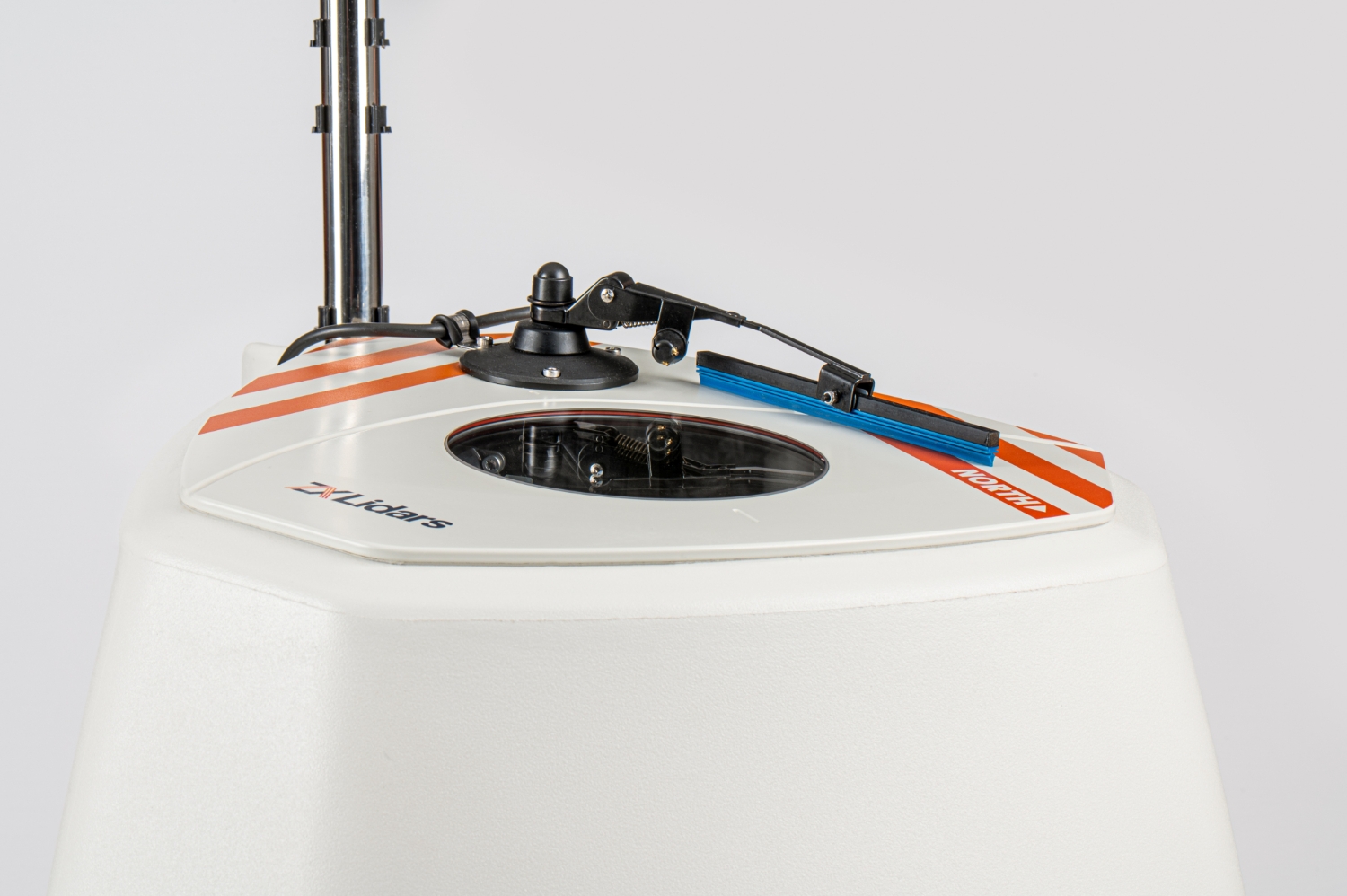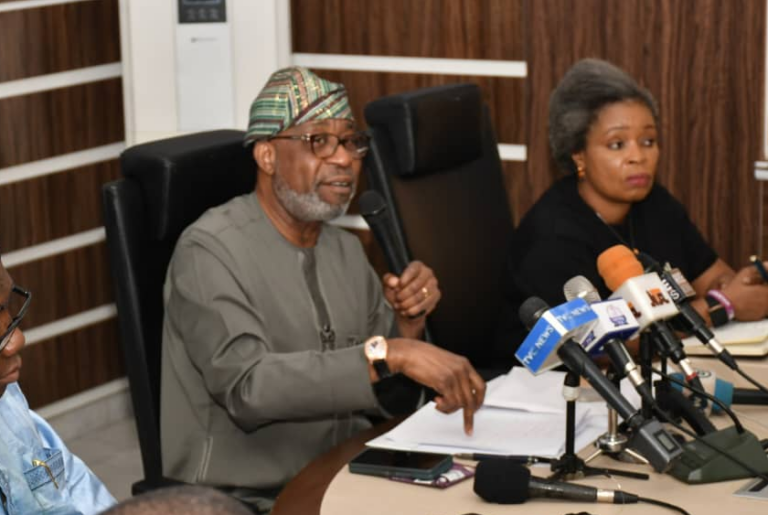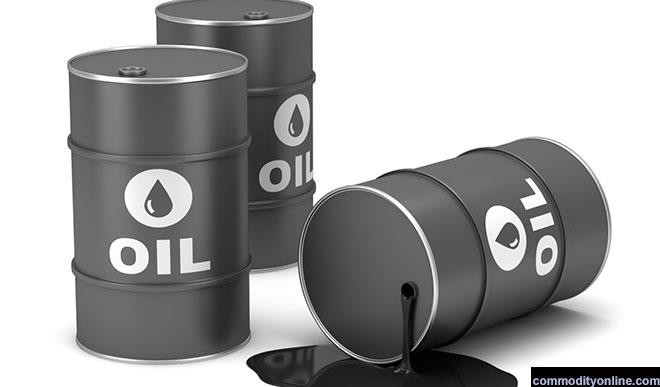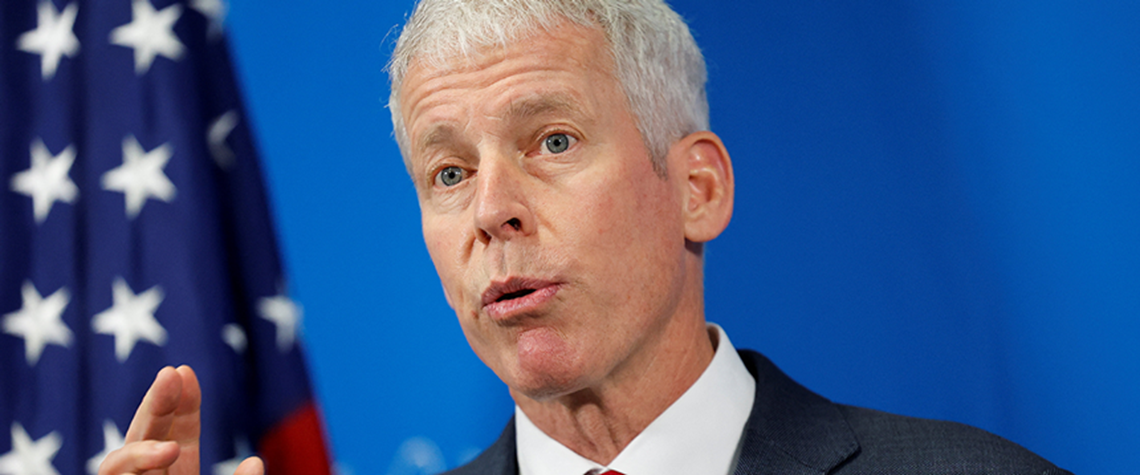Some Organisation of the Petroleum Exporting Countries (OPEC) producers and other countries participating in global output cuts have suggested extending the curbs beyond 2018 and up to the middle of next year, according to Iraq’s Oil Minister Jabbar al-Luaibi.
Some producers suggested extending the cuts for three months and others for six months after their planned expiration at the end of this year, al-Luaibi told reporters at an energy conference in Baghdad. He didn’t identify the countries. OPEC is looking for a long-term cooperation with other global producers, OPEC Secretary-General Mohammad Barkindo said at the same event.
The Organization of Petroleum Exporting Countries and allies including Russia agreed in late 2016 to cut production and then extended the limits until the end of this year in a drive to clear a glut in crude inventories. Both OPEC and the International Energy Agency forecast that the production cuts will succeed in eliminating the inventory surplus this year.
OPEC’s biggest supplier Saudi Arabia is signaling little eagerness to end its cooperation with Russia. The kingdom’s energy minister, Khalid Al-Falih, told Bloomberg that the countries won’t stop collaborating once the market is in balance and that their joint efforts may include production cuts. Russian Energy Minister Alexander Novak said in an interview that if the situation in the oil market required the deal to be extended into 2019, then Russia would agree to that.








